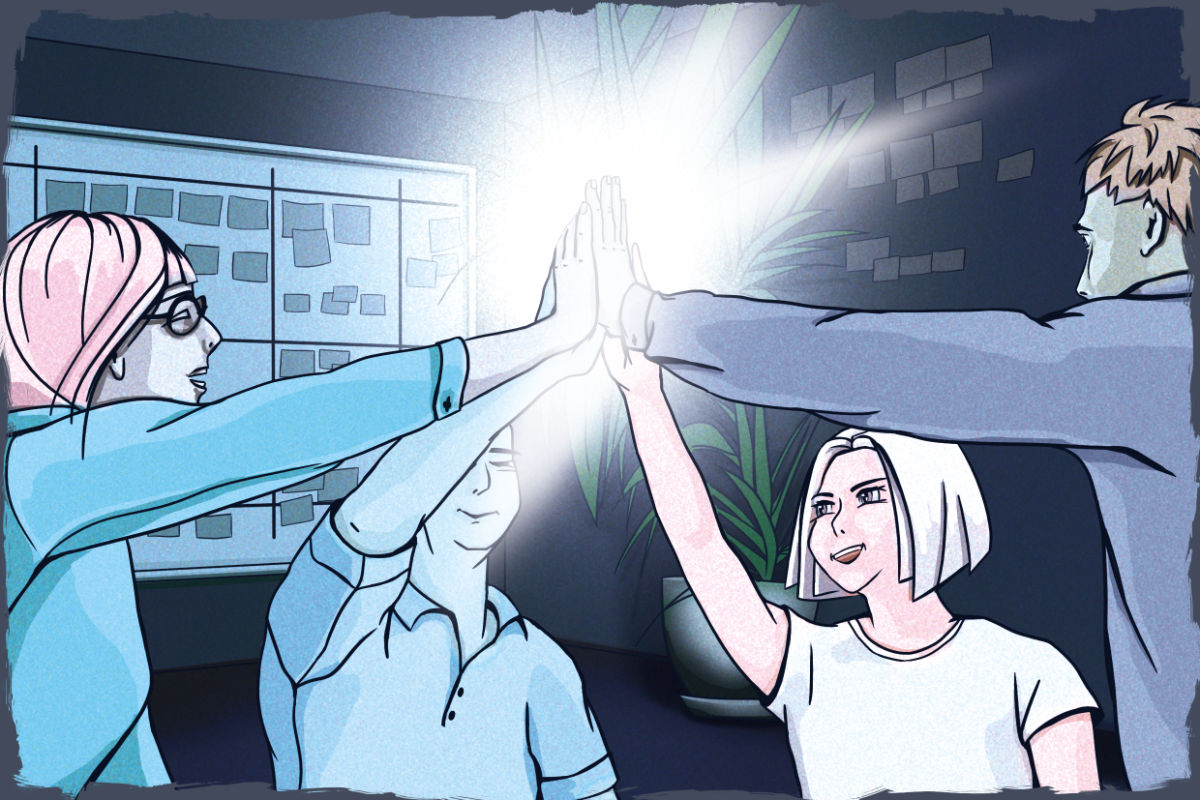Earlier in this series, I wrote about what happens when management try to change people’s behavior with KPIs, targets and bonuses. Some will try to game the system, or your KPIs will cause unwanted behavior. If they find the right set of KPIs so that cheating and unwanted behavior become impossible, they’ll probably destroy motivation, morale and teamwork. But what if they find that right set of KPIs and manage to create an environment where everyone stays motivated and nobody quits?
It's the System...
The results will still be negligible. 95% of the variation of an organizations performance is caused by the system, only 5% by the people. Please read through the exercise in the linked article - Joe really has only very little influence on whether he can finish his work on time - Even if his bonus depends on it.
Also, there are always people who cannot improve their KPIs. Maybe they are juniors who cannot yet influence their outcomes in a positive way. Providing training for them would make much mure sense than giving them a bonus based on their KPIs. Or maybe they are already working as hard as they can. They would need some coaching to show them better ways of working, not KPIs to show them that they are not good enough.
Sure, in a system with bonuses based on KPIs, when a company does not get the results it wants, it does not have to pay the bonus. So they save a little money. But they also didn’t get the result they wanted, which probably wasted much more money than the saved bonus brought back.
Companies must stop punishing their people when results didn’t happen. They have to start to improve their systems so that results are more likely to happen. They need to create an environment that maximizes learning. And one that is failure-tolerant: Failure always has to be an option, and the company has to be able to survive any failure that could happen.
Trust is Key
Recently I read a great article about a similar topic: Why we cannot learn a damn thing from Semco, or Toyota.
Their [Toyota, Semco, ...] wonderful stories and practices will remain impossible to emulate, however – as long as we keep carrying around fundamentally screwed-up notions about other people´s human nature [e.g. that they cannot be trusted]. Niels Pfläging - @NielsPflaeging
Nobody can force people into being more agile. No company can coerce or bribe their people to be more efficient or to work together in a better way. But they can create an environment where those things can happen. And they can stop doing things that prevent them to happen.
But as a first step, companies and managers need to completely change their thinking - They’d really have to start trusting their people. And I fear that, at least for some companies I worked with in the past, this would be too big of a step…

